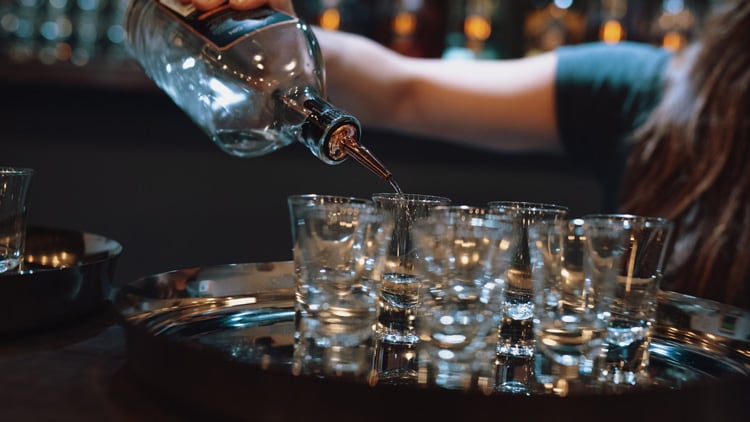Responding to a report by the Cross-Party Group on Beer and Pubs on the impact of the DRS, which was first announced back in 2019, UKHospitality Scotland executive director Leon Thompson says that with little over a year until the scheme is introduced, fundamental questions remain about how it will work.
“This report should serve as a wake-up call,” he says.
“The complexity of the scheme brings with it inherent financial risks to hospitality businesses. Scotland members continue to be concerned about secure storage, the theft of containers and the breakage of glass, all of which will result in the loss of deposits – a situation that would hit businesses hard.”
The scheme, which is based on international equivalents, will see a 20p deposit added to the price of ‘certain’ single-use drinks containers.
Restaurants and pubs that sell drinks to be opened and consumed on-site will not have to charge the deposit to the public, and will only be required to return the containers they sell on their own premises.
Customers and business will be able to reclaim the deposit by returning the empty can or bottle to retailers who sell the products, or by using an online delivery return service.
Thompson notes that one area of the scheme where there is still no resolution is the issue of VAT paid on deposits.
“Unless HMRC makes changes, then businesses and consumers will be paying 24p per container, but will only receive 20p back. DRS will become another form of taxation on businesses and customers, adding to the cost-of-living crisis.
“UKHospitality continues to press the UK Government and the Scottish Government to resolve this.”
Members of the Cross-Party Group have called on the Scottish Government to clarify and review the net benefits of the scheme in their report. They also outline specific concerns over the logistical problems and costs of using glass, as well as the impact on Scotland’s small, independent brewers and businesses.
In addition to an urgent review, the report recommends that the Scottish and UK governments work together to align their respective schemes so that there is a single market for brewers and retailers as opposed to added complexity, costs, and wastage due to three different markets.
Similar DRS plans are expected to be introduced in England, Wales and Northern Ireland in the coming years.
“Given that eventually there will be three separate schemes running across the four nations of the UK, we are working with members to arrive at shared solutions and approaches,” continues Thompson.
“However, it is clear that all businesses will need to make significant changes to their financial and operating systems in order to comply with the complexity and variance in the regulations. This also threatens the prospect of a dramatic reduction in choice for Scottish customers as businesses withdraw from the market.
“As well as challenges over deposits, it is an important point that DRS is already proving a costly policy for hospitality at a time when operators can least afford it and when businesses already achieve impressive rates of recycling.”




